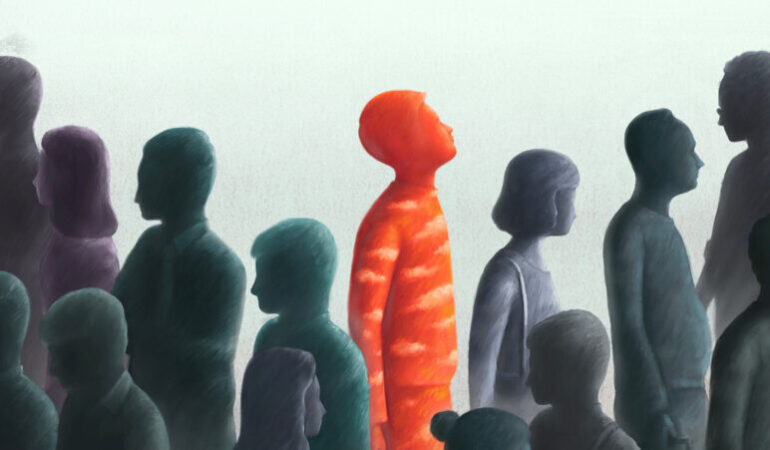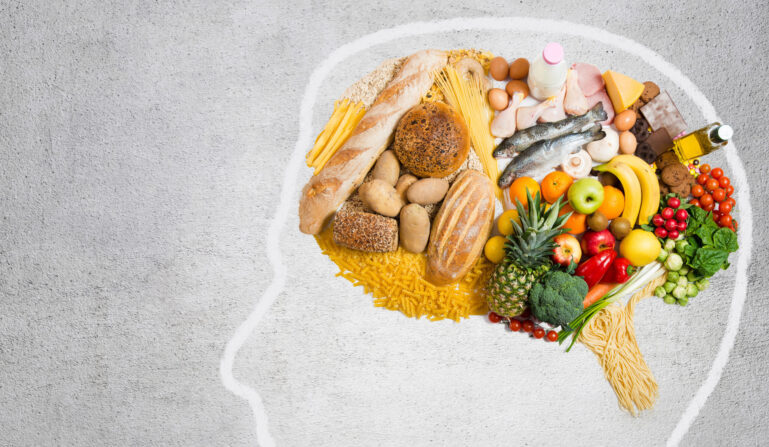September / October 2025 Volume 24, No. 5
The Myopia of the DSM
To name something—to separate it from the rest of existence—and label it, is a foundational act. It is the beginning of understanding and control. In Genesis, the first thing God did in splitting light from darkness was to call the day light and the darkness night. Then, let loose in the Garden of Eden, Adam [...]
Read MoreSeptember / October 2025 Volume 24, No. 5
An Open Letter to Hopelessness …
You arrive uninvited and begin to tally every crisis, stacking them up as evidence that our efforts are futile, certainly too small. You loudly proclaim: “These problems are too big and your resources are too few to change all the pain and suffering of the world. What in the world were you thinking? Oh, my [...]
Read MoreJuly / August 2025 Volume 24, No. 4
A Response to a Mixed-method Study on Core Competencies
The following is a response to a recent study by Georgiadou, Hicks, Cuthbertson, and Cooper (2025), titled “Master’s Students’ Perceptions of Their Marriage and Family Therapy Training: Findings from a U.S. Nationwide Survey Exploring Core Competencies” in International Journal of Systemic Therapy. One of the study’s most striking findings is the increased integration of non-systemic [...]
Read MoreSeptember / October 2024 Volume 23, No. 5
Embodiment & Equine Therapy: Anorexia Nervosa
Anorexia Nervosa is a complex disorder. The diagnostic criteria as defined by the DSM-V is the “restriction of energy intake relative to requirements leading to a significantly low body weight in the context of age, sex, developmental trajectory, and physical health; intense fear of gaining weight or becoming fat, even though underweight; disturbance in the [...]
Read MoreSeptember / October 2024 Volume 23, No. 5
Neuronutrition: An Introduction to an Important and Complex Topic
This new serial column on nutrition is for clinicians seeking more in-depth insights into the link between mental health and the body and the importance of understanding proper nutrition on the brain and emotional health. The field of neuronutrition is an exciting and ever-evolving holistic, integrative, and interdisciplinary field of study. At its core, the [...]
Read MoreSeptember / October 2024 Volume 23, No. 5
Reimagining Resistance: An Invitation for a Systemic Exploration in MFT Supervision
The construct of resistance is frequently discussed during marriage and family therapy (MFT), yet it is often addressed without being located in a systems-oriented framework. When therapists label clients or families as “being resistant,” we notice MFT supervision turning into an advice-driven environment where trainees invest a significant amount of energy in offering antidotes to [...]
Read MoreSeptember / October 2024 Volume 23, No. 5
Weight Loss Medicine Isn’t Enough: Tackling Anti-fatness as a Systemic Therapist
Anti-fatness is a pervasive function of society. It dwells in the outermost layer of society’s systems and encroaches on each inner level, carefully harming everyone along the way. By the time people with larger bodies encounter explicit anti-fatness face-to-face, they have already accrued the brunt of implicit anti-fatness that has increased their marginalization. Thus, anti-fatness [...]
Read MoreSeptember / October 2024 Volume 23, No. 5
Shifting Worldviews on Excessive Technology Use with Systemic Approaches
In today's digital landscape, the pervasive presence of technology brings unique challenges to family dynamics, necessitating a reevaluation of traditional norms and values. As a therapist specializing in marriage and family dynamics, I've witnessed firsthand the profound impact of excessive technology use on familial relationships. Through systemic approaches, transformative shifts in family worldviews have been [...]
Read MoreSeptember / October 2024 Volume 23, No. 5
From Compassion Satisfaction to Burnout: How MFTs Can Support Caring Professionals
Burnout is increasingly prevalent within caring professions. It is characterized by lacking a sense of personal accomplishment, depersonalization, and emotional exhaustion from high-stress work environments (Ram et al., 2023). This is a far-reaching issue, but improvements in access to mental healthcare for caring professionals are minimal. Healthcare workers, first responders, therapists, and caregivers face difficult [...]
Read MoreJuly / August 2024 Volume 23, No. 4
Helping Clients Understand the Differences: The Importance of Psychotherapy in an Unregulated Coaching Landscape
In the modern age, there is indeed a focus on mental wellness. Individuals seek guidance and support to navigate the complexities of their lives. Amidst the myriad options available, from psychotherapy to coaching, it's imperative to discern the nuances between these practices, particularly concerning regulatory oversight and the protection of clients' well-being. Psychotherapy, a profession [...]
Read More








